How long do patients stay in post op care?
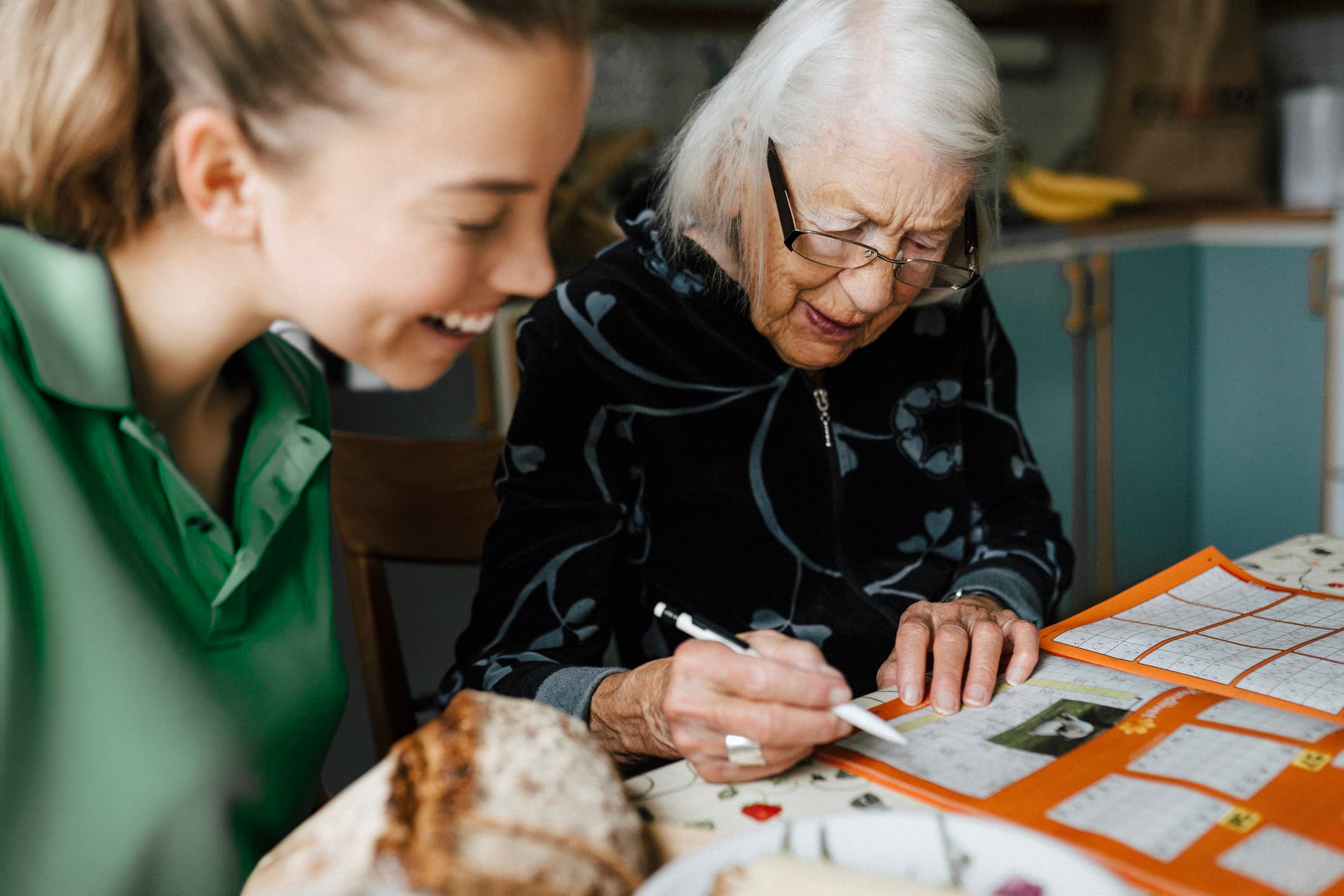
Have You Ever Wondered How Long It Takes to Recover After Surgery?
Surgery is a significant event, and understanding the recovery process can help ease concerns for both patients and their families. One of the most common questions asked is: How long will I need to stay in post-operative care? The answer varies depending on the type of surgery, response to anaesthesia, and individual medical history.
At Home Instead Dorchester, we understand that recovery doesn’t end when a patient leaves the hospital. Whether it’s short-term support after surgery or ongoing care to aid a smooth transition back home, we provide compassionate assistance tailored to individual needs.
This post explores the role of the Post Anaesthetic Care Unit (PACU) and what patients can expect during their post-operative stay.
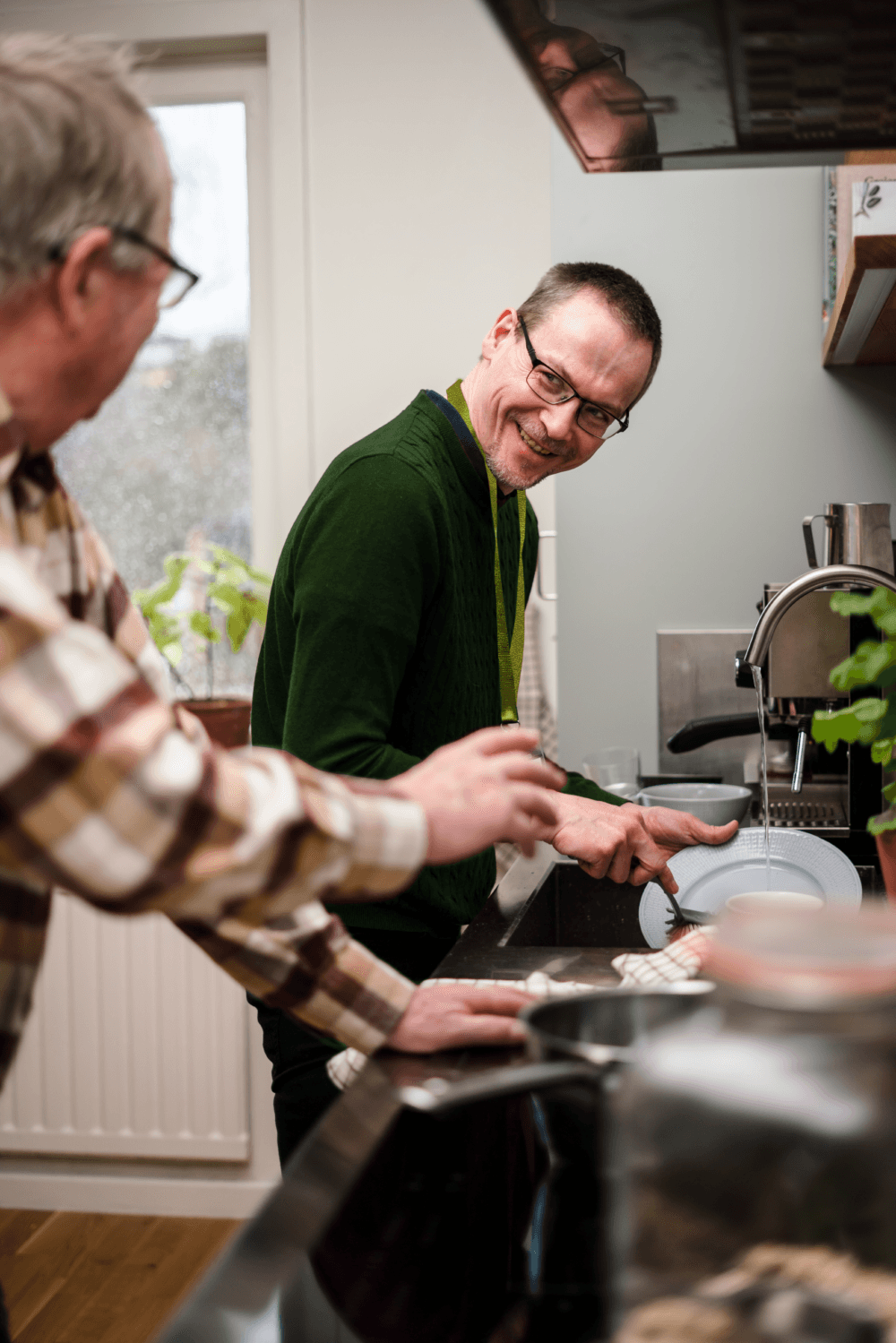
What Is the Post Anaesthetic Care Unit (PACU)?
The Post Anaesthetic Care Unit (PACU) is a dedicated recovery area where patients are closely monitored following surgery. It serves as a transition space between the operating theatre and a general hospital ward or discharge home.
What Happens in PACU?
Most patients remain in PACU for one to three hours before being moved to a ward or discharged. However, some may require a longer stay depending on their medical condition. During this time, medical professionals focus on:
- Continuous Monitoring – Vital signs, oxygen levels, and overall condition are checked regularly.
- Pain Management – Medications are administered to control discomfort, with adjustments made based on the patient’s needs.
- Wound Care – Surgical sites are observed for signs of infection or complications.
- Fluid and Nutrition Support – Intravenous fluids may be provided until the patient is ready to eat and drink.
Most patients remember very little about their time in PACU due to the effects of anaesthesia. The focus is on ensuring a safe and stable transition to the next stage of recovery.
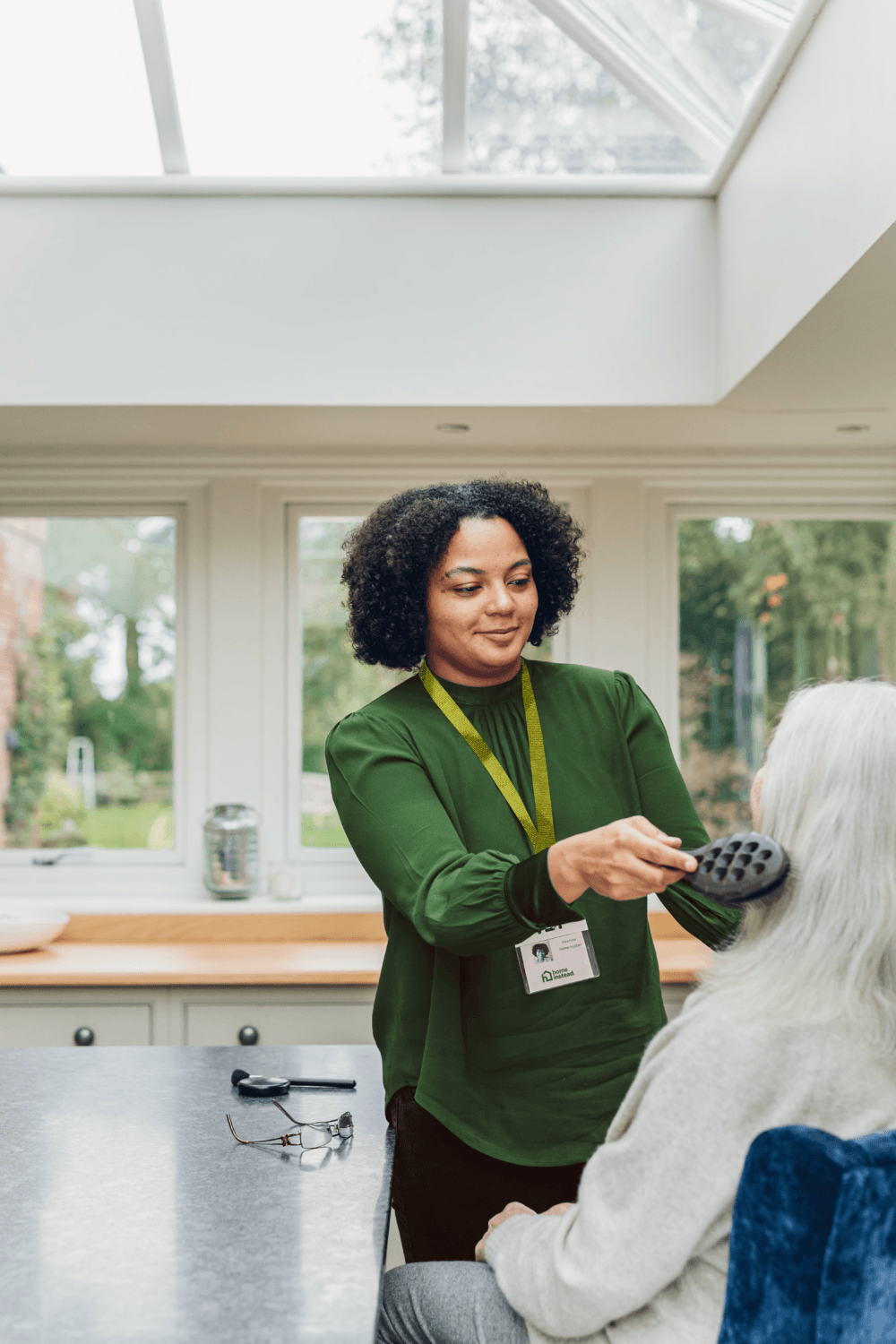
How Long Will I Stay in PACU?
Factors That Affect PACU Stay
The length of stay in PACU depends on several factors:
- Type and Complexity of Surgery – More invasive procedures often require extended monitoring.
- Reaction to Anaesthesia – Some patients take longer to regain full consciousness, particularly older adults or those with underlying health conditions.
- Pain Levels – If additional pain management is needed, patients may remain in PACU longer.
- Post-Surgical Complications – If vital signs are unstable or there is excessive bleeding, additional monitoring may be required.
On average, most patients are transferred from PACU within one to three hours, but those recovering from major surgery may remain for up to 24 to 48 hours before moving to a general ward.
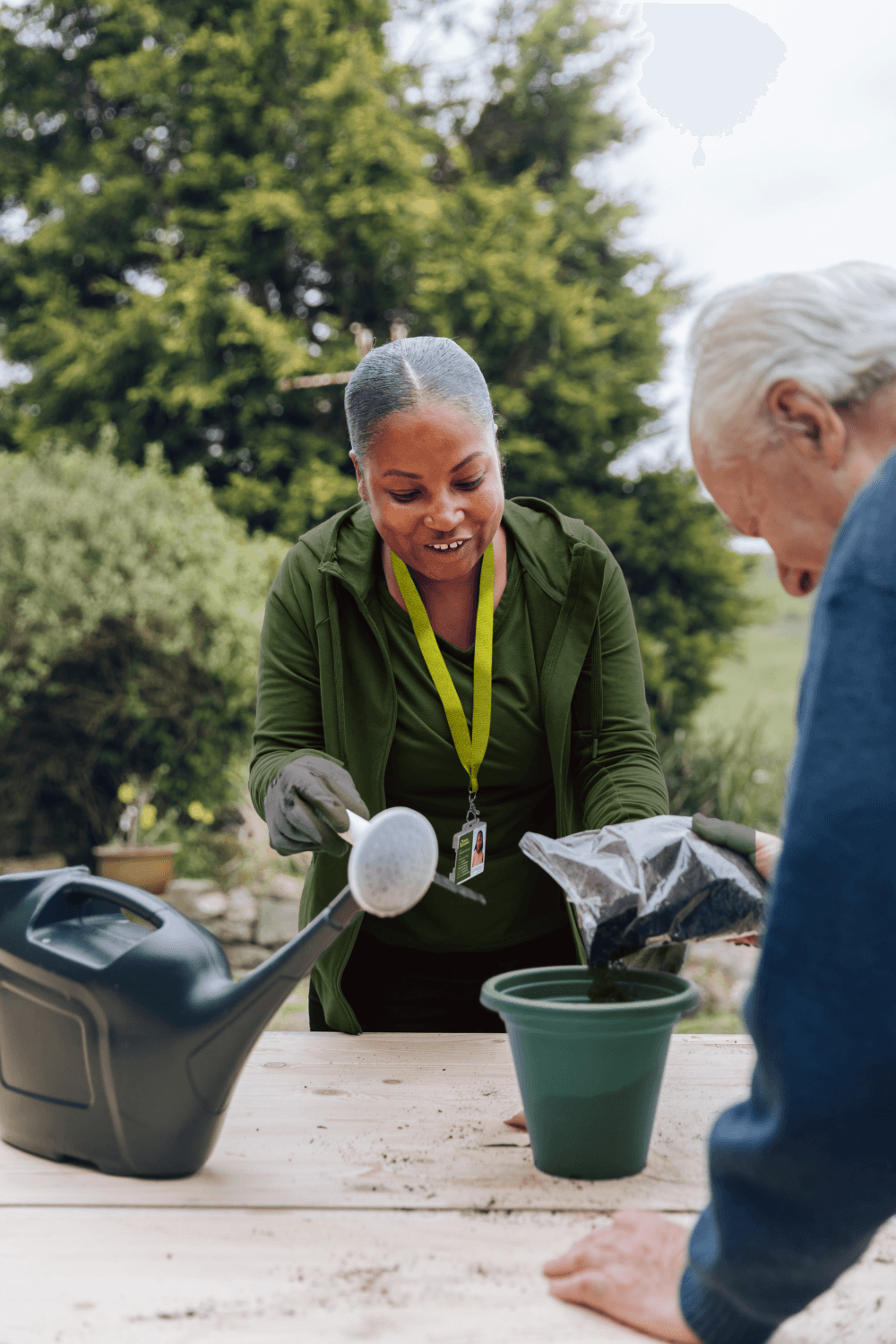
What Happens After Leaving PACU?
Once a patient is stable, they are moved to a hospital ward or prepared for discharge home.
What to Expect on the Ward
- Pain and Discomfort – Pain relief will continue to be provided as needed.
- Grogginess from Anaesthesia – It is common to feel drowsy or disoriented.
- Nausea or Dry Mouth – Some patients experience mild side effects from anaesthesia.
Recovery times vary, but early movement is encouraged to prevent complications such as blood clots and muscle stiffness. Patients will be supported with mobility exercises as soon as they are able.

Discharge from Hospital: Preparing for Home Recovery
Not all surgeries require an overnight hospital stay. Many procedures are now performed as day surgery, allowing patients to recover at home with the right support in place.
Planning for a Smooth Transition
Patients are advised to make arrangements before surgery to ensure a comfortable recovery at home. This may include:
✔ Support from a family member or professional carer for the first 24 hours.
✔ A prepared rest area with pillows, blankets, and a comfortable chair.
✔ Easy access to medication and wound care supplies.
✔ Pre-prepared meals to avoid unnecessary exertion.
✔ Mobility aids such as crutches or grab rails if needed.
Home Instead Dorchester provides post-operative care to assist individuals during their recovery. Whether it’s help with dressing, meal preparation, or mobility support, our professional caregivers ensure a safe and comfortable transition from hospital to home.
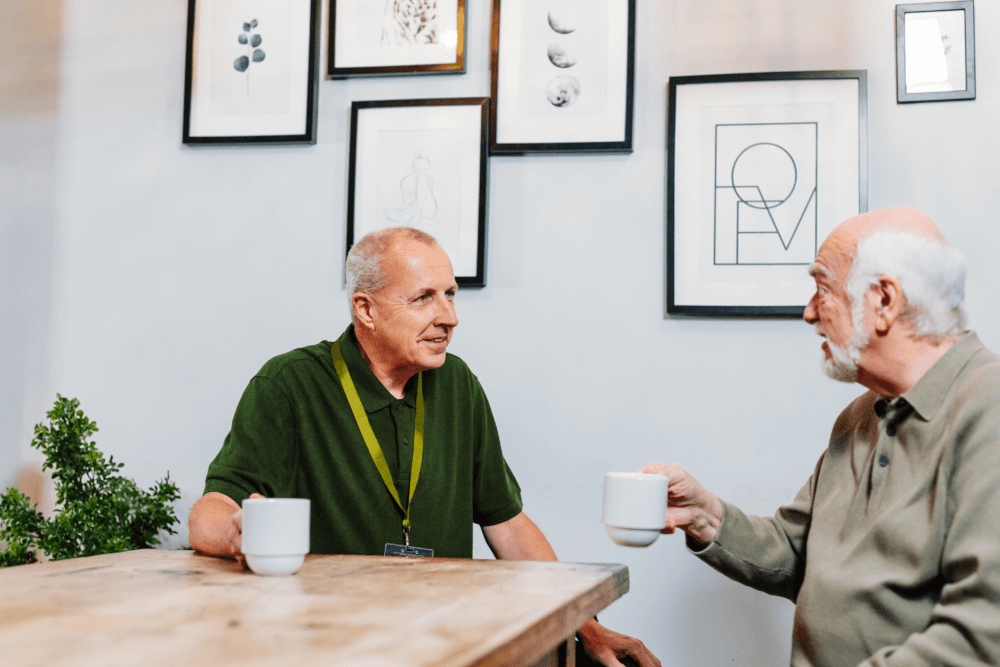
Managing Pain and Preventing Complications
Pain is a natural part of recovery, but it should never be ignored. Informing medical staff about discomfort ensures pain relief is provided before it worsens.
How to Reduce Post-Surgical Pain at Home
- Take medications as prescribed – Avoid skipping doses, even if pain is mild.
- Use ice packs – Helps reduce swelling and discomfort.
- Move gently but regularly – Prolonged bed rest can increase stiffness and discomfort.
Preventing Blood Clots
After surgery, reduced mobility increases the risk of blood clots. Steps to prevent complications include:
✔ Moving as soon as it is safe to do so.
✔ Performing gentle leg exercises to improve circulation.
✔ Wearing compression stockings if advised by the hospital.
✔ Taking prescribed blood-thinning medication, if applicable.
If you experience sudden swelling, pain in the legs, or difficulty breathing, seek medical attention immediately.
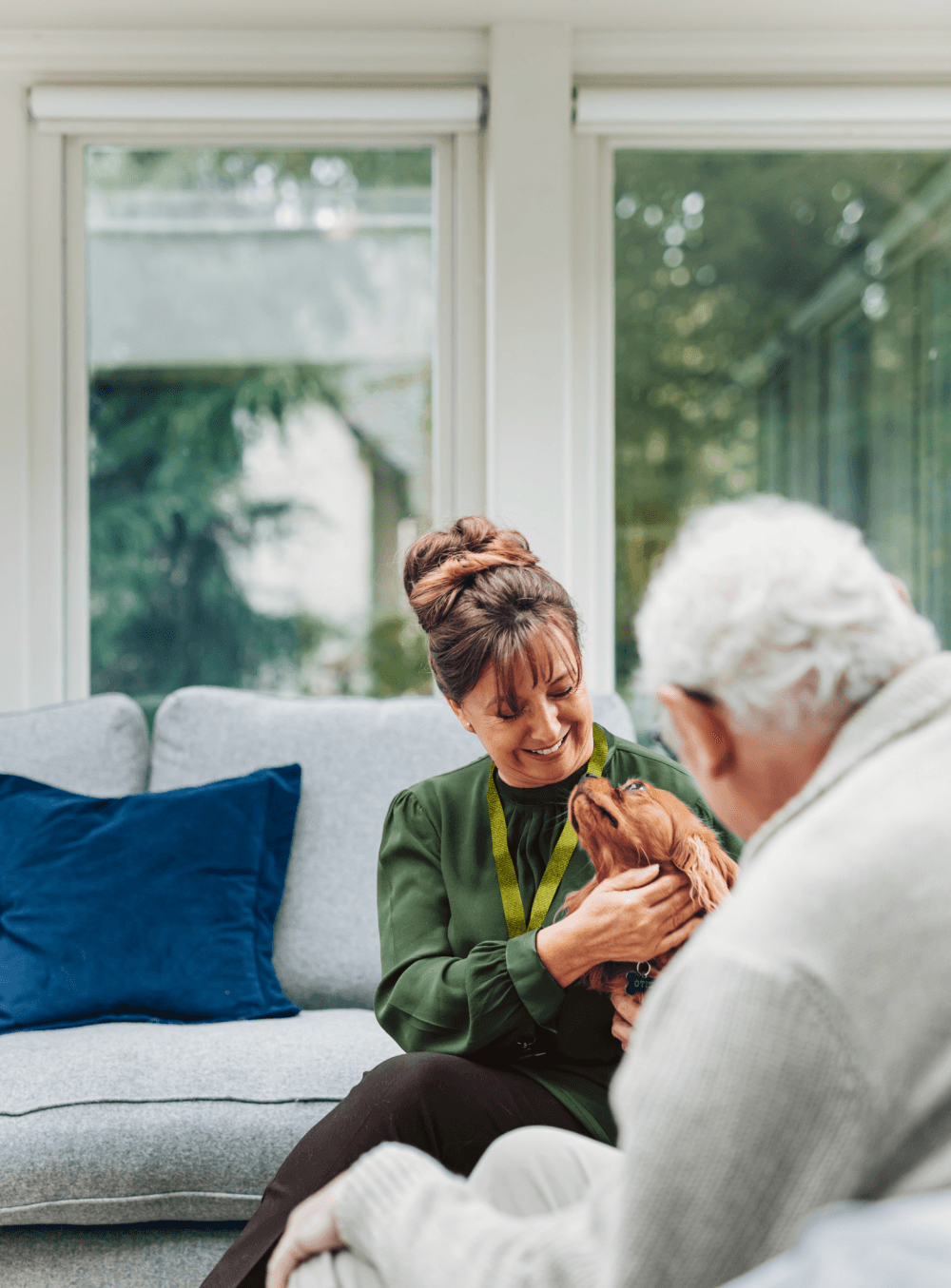
Caring for Surgical Wounds
Proper wound care reduces the risk of infection and speeds up recovery. Patients should follow medical advice on:
✔ Keeping the wound clean and dry.
✔ Monitoring for signs of infection, such as redness, swelling, or discharge.
✔ Avoiding strenuous activity that could reopen stitches.
Dissolvable stitches will disappear on their own, while non-dissolvable stitches require removal at a follow-up appointment.
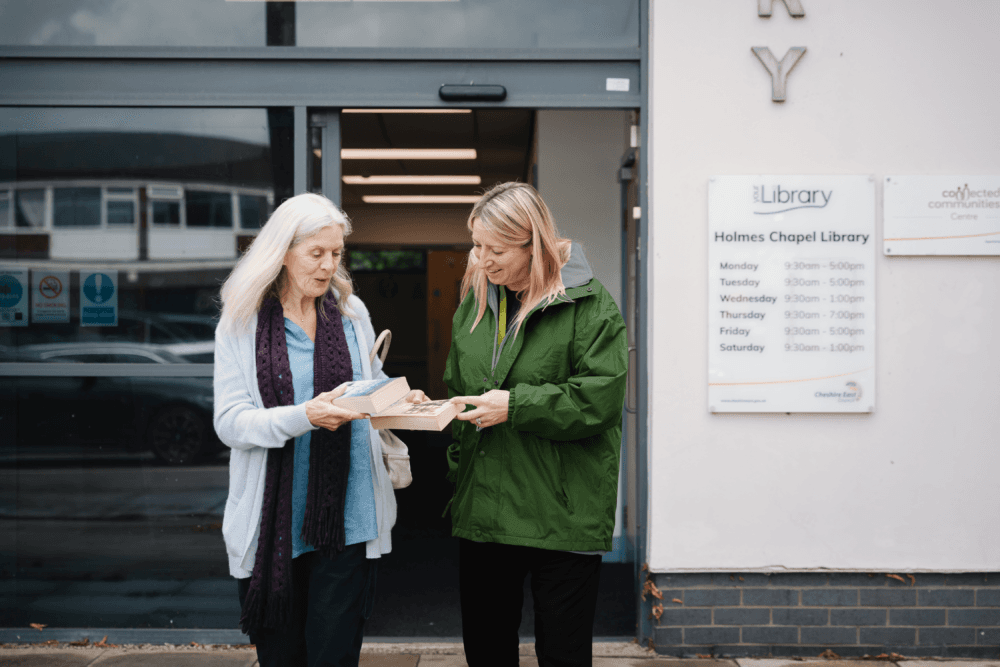
When to Seek Medical Attention
While most recoveries go smoothly, patients should seek urgent medical care if they experience:
- Persistent or worsening pain that doesn’t improve with medication.
- Signs of infection – Fever, swelling, or discharge from the wound.
- Difficulty breathing – A possible sign of a blood clot or lung complication.
- Excessive bleeding – Any ongoing bleeding from the surgical site.
At Home Instead Dorchester, we offer compassionate home care to assist with recovery, ensuring that individuals can focus on healing in the comfort of their own surroundings.
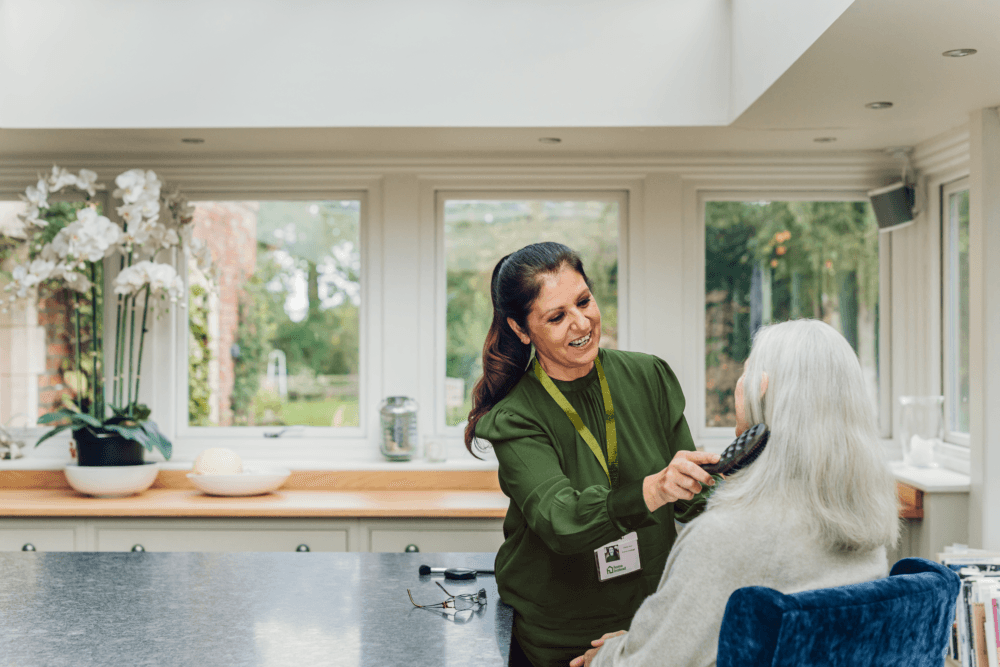
Final Thoughts: Recovery Is a Personal Journey
The length of time spent in post-operative care varies for each patient, but understanding what to expect can ease anxiety and improve recovery outcomes.
Whether you need short-term support following surgery or ongoing assistance, Home Instead Dorchester is here to help. Our dedicated caregivers provide personalised care plans to support safe and comfortable recovery at home.
Need Support After Surgery?
If you or a loved one requires post-operative care, contact Home Instead Dorchester today. We’re here to help you every step of the way.
📞 Call us: Visit our website to find out more.
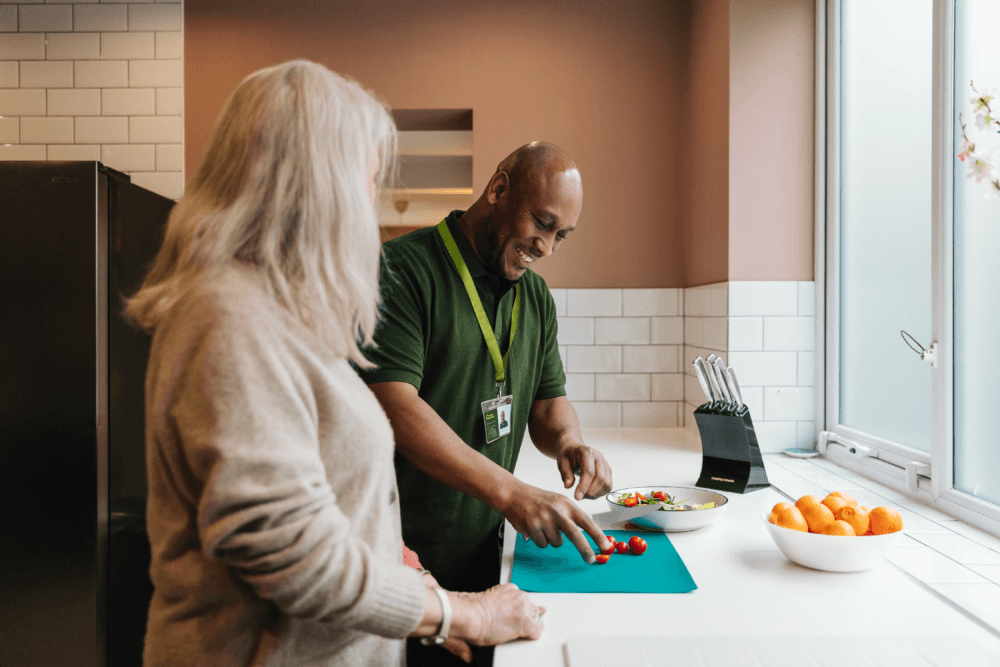
Areas We Serve
Dorchester, Weymouth, Cerne Abbas, Charminster, Puddletown, Abbotsbury, Portland
BH15 4, BH16 5, BH16 ,6 BH17 7, BH18 8, BH18 9, BH19 1, BH19 2, BH19, 3 BH20 4, BH20 5, BH20 6, BH20 7, DT1 1, DT1 2, DT1 3, DT2 7, DT2 8, DT2 9, DT3 4, DT3 5, DT3 6, DT4 0, DT4 7, DT4 8, DT4 9, DT5 1, DT5 2
31 High W St, Dorchester DT1 1UP, UK